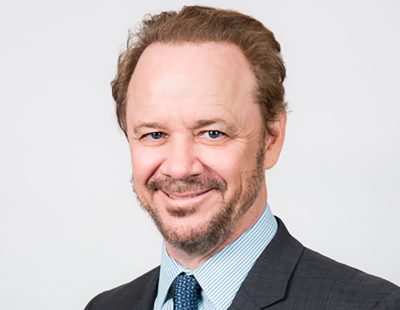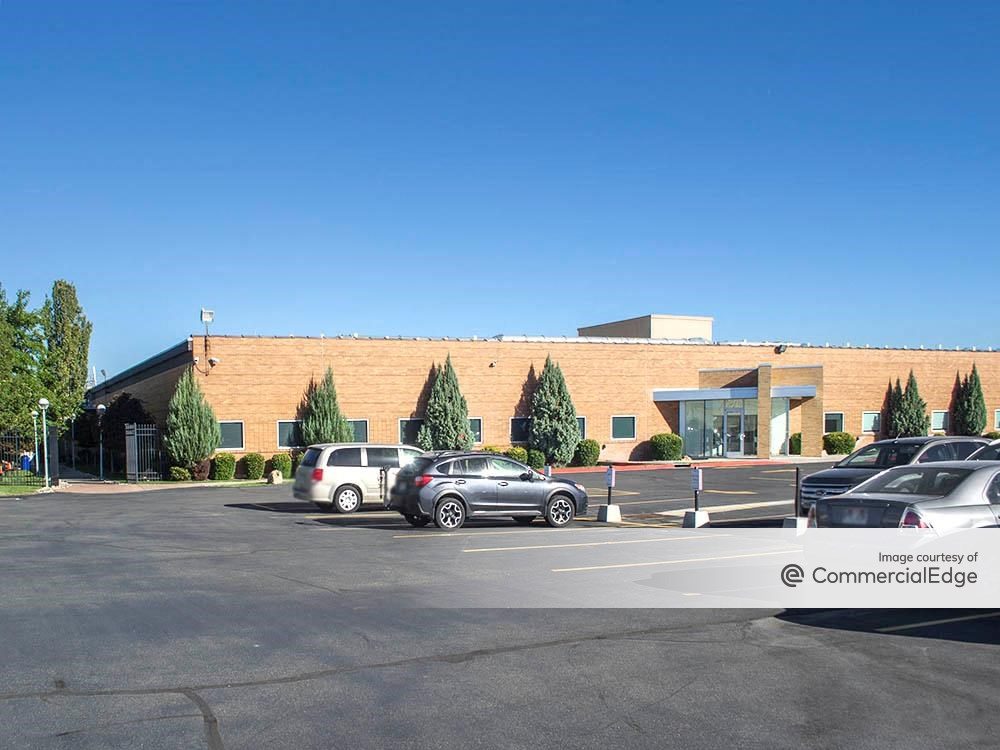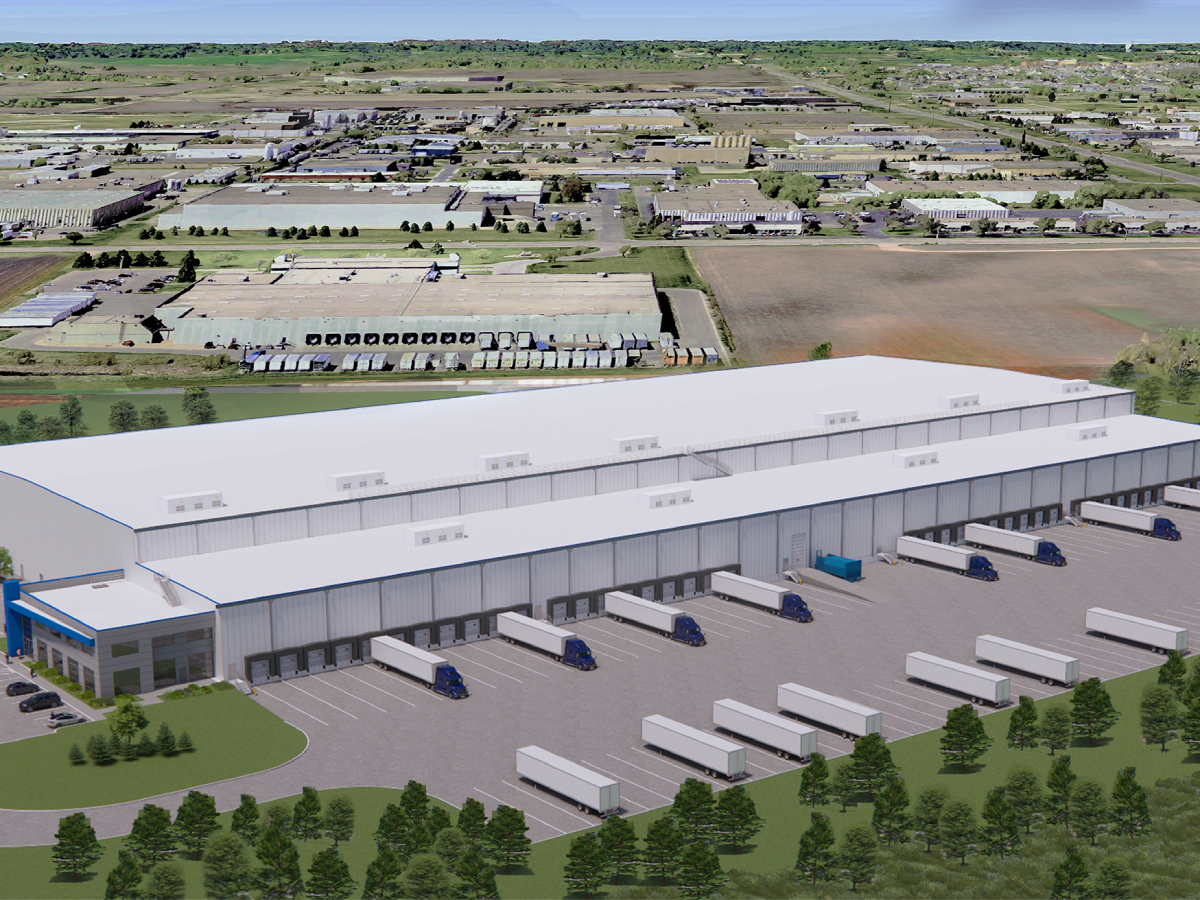Debt Markets Poised for Strong 2019
Matt Weber, Avison Young’s newest addition to the firm's Washington, D.C., office, discusses the challenges of deploying capital at this stage in the cycle and where the best opportunities lie.
By Alexandra Pacurar
Less than a month ago, Avison Young announced the appointment of Matt Weber as senior vice president in the firm’s Washington, D.C., office. In his new role, within the company’s capital markets group, Weber will focus on financing operations and investment in multifamily, office, retail and industrial assets.
“He will be working on both the sales and joint-venture equity side, and will ensure that our clients get 360-degree exposure to how various capital structures can be used to drive value,” John Kevill, managing director of U.S. capital markets, said in a previous statement.
Weber, who has been in the business for roughly two decades, believes that 2019 will be a strong year for real estate investment, due to the debt markets’ high liquidity, but also favorable market growth conditions for particular asset classes such as Class B office or industrial.
CPE: What are your priorities in your new role at Avison Young?
Weber: By joining the capital markets team at Avison Young, I will be able to focus on office, industrial and multifamily institutional sales, as well as help to raise debt and equity for those projects in the Washington, D.C., market and throughout the Southeast. I see a lot of exciting things ahead here.
We are seeing a lot of generosity from debt markets. What can you tell us about this trend?
Weber: Two things are at play here. One is a hangover from the historically low interest rate environment, where investors are still chasing yield wherever it may be. Second is the wealth effect where portfolio managers are having to place more money into real estate due to the run-up in the stock market. Together, both are showing that we have a tremendous amount of money that has been earmarked for debt investments. I don’t see that letting up over the next year.
There is a discussion now that lengthening loan terms has become too easy. If we also think about lenders’ availability to provide borrowers with more than they came for, should we be concerned?
Weber: It depends on your view of the market. If you believe that in certain markets, growth will not continue, then you should be concerned. If you believe that the growth will continue in certain markets—like the D.C. area that landed Amazon, for example—then you can sleep a little better at night.
Let’s talk about lenders’ appetite for risk. How has this changed in today’s competitive capital markets environment?
Weber: Given the amount of capital that has been chasing deals, we are seeing lenders get very competitive on good real estate deals. The challenge, as always, is finding good deals. That’s our job here at Avison Young—matching our clients with the best lenders, capital sources and capital structures for their projects and enterprise needs.
What should late-cycle investors bear in mind when it comes to securing financing?
Weber: Don’t wait. Sometimes the first deal is the best deal.
Please highlight a couple of conclusions about the evolution of capital markets in 2018.
Weber: Multifamily investment has slowed due to rising construction costs and overbuilding in certain markets. Industrial continued to be a preferred investment class with the rise of online retailing and last-mile demand. Debt fundraising continued to outpace historical benchmarks, so that money needs to get deployed somewhere.
What are your industry predictions for 2019?
Weber: Industrial will continue its hot streak. Simple supply and demand. Close-in industrial is taken off line and turned into higher uses, which then tightens the existing dwindling supply. Class B office and flex will have their time in the sun as investors are driven to the relatively higher yields and similar demand drivers as industrial. As unemployment hovers around historically low levels, more hiring will drive office demand across all classes—trophy, A, B.
After Amazon HQ2 announcement, all eyes are on Washington, D.C. How do you expect this decision to impact the local CRE market?
Weber: Some folks think the smart take is that there will not be a major effect on the D.C. market. That’s overthinking it. Simple supply-and-demand dynamics on the space market show that it will soak up a portion of the Northern Virginia office market with the additional jobs created. Furthermore, it should drive multifamily demand over the next few years as Amazon employees move to the area.
It cannot be seen as anything but a positive to the Washington, D.C., MSA. It was always the right move to locate some portion of Amazon to Crystal City for the same reason Lockheed, Boeing, General Dynamics and Northrop Grumman all have offices there. You have the largest single customer of services in the entire world a half-mile away in the Pentagon. And the U.S. Department of Defense is not going away anytime soon.
Image courtesy of Avison Young









You must be logged in to post a comment.